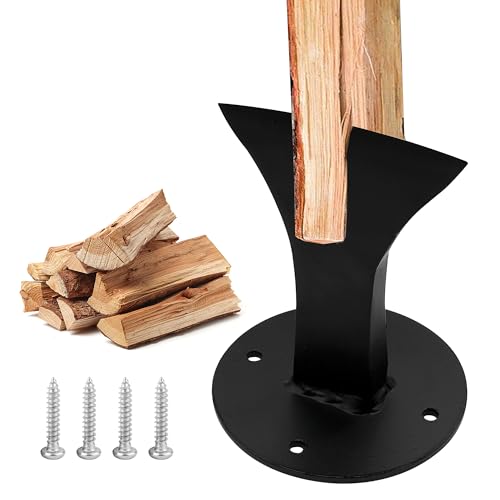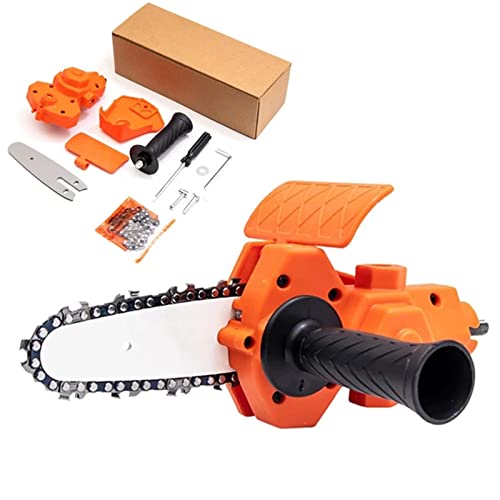deezlfan
Meadow River Lumber Co. 6
Scotch Brite is mentioned in a lot of threads here, but which pads are you using? Green seems to be the most common in the store but there is brown, red, green, black and white, all a different grit. Anyone know if the #1, #0, #00, #000, #0000 corrolate to familiar sandpaper grits?























































